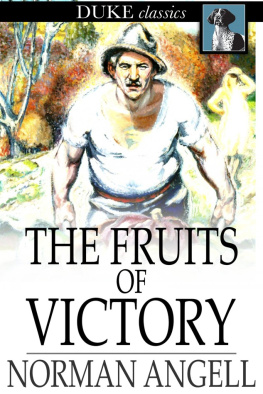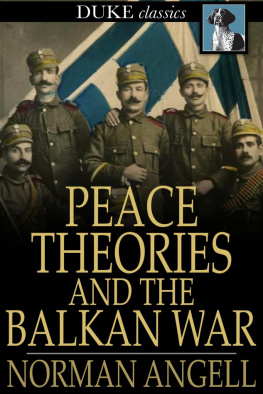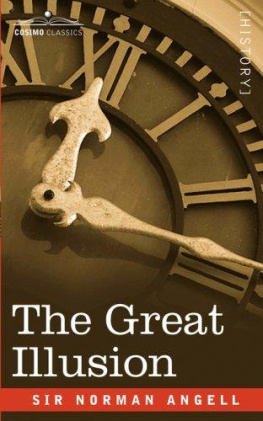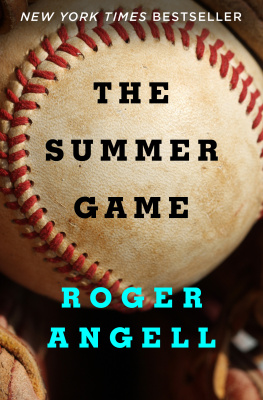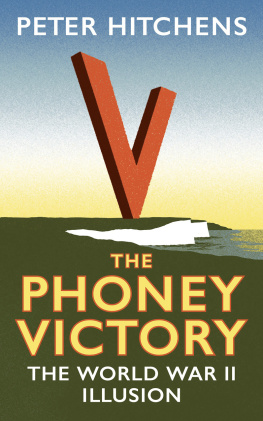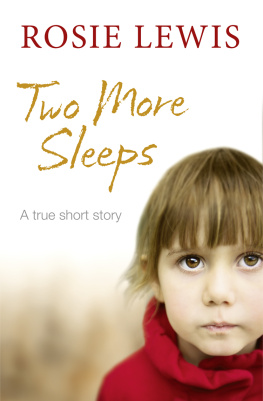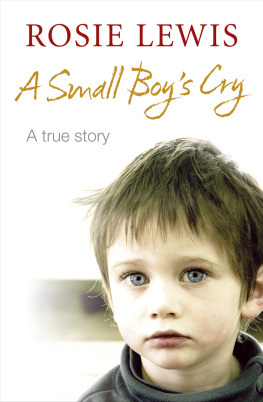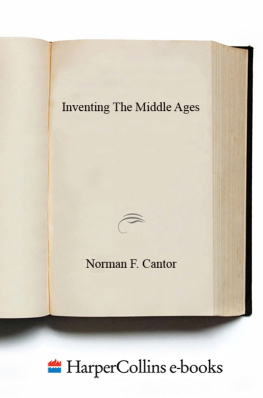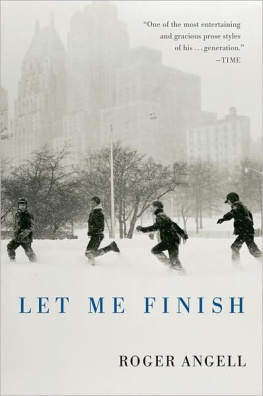THE FRUITS OF VICTORY
A SEQUEL TO THE GREAT ILLUSION
* * *
NORMAN ANGELL
*
The Fruits of Victory
A Sequel to The Great Illusion
First published in 1921
ISBN 978-1-62013-511-2
Duke Classics
2014 Duke Classics and its licensors. All rights reserved.
While every effort has been used to ensure the accuracy and reliability of the information contained in this edition, Duke Classics does not assume liability or responsibility for any errors or omissions in this book. Duke Classics does not accept responsibility for loss suffered as a result of reliance upon the accuracy or currency of information contained in this book.
Contents
*
"The Great Illusion" Controversy
*
'Mr. Angell's pamphlet was a work as unimposing in form as it was daring in expression. For a time nothing was heard of it in public, but many of us will remember the curious way in which ... "Norman Angellism" suddenly became one of the principal topics of discussion amongst politicians and journalists all over Europe. Naturally at first it was the apparently extravagant and paradoxical elements that were fastened upon mostthat the whole theory of the commercial basis of war was wrong, that no modern war could make a profit for the victors, and thatmost astonishing thing of alla successful war might leave the conquerors who received the indemnity relatively worse off than the conquered who raid it. People who had been brought up in the acceptance of the idea that a war between nations was analogous to the struggle of two errand boys for an apple, and that victory inevitably meant economic gain, were amazed into curiosity. Men who had never examined a Pacifist argument before read Mr. Angell's book. Perhaps they thought that his doctrines sounded so extraordinarily like nonsense that there really must be some sense in them or nobody would have dared to propound them.'The New Stateman, October 11, 1913.
'The fundamental proposition of the book is a mistake.... And the proposition that the extension of national territorythat is the bringing of a large amount of property under a single administrationis not to the financial advantage of a nation appears to me as illusory as to maintain that business on a small capital is as profitable as on a large.... The armaments of European States now are not so much for protection against conquest as to secure to themselves the utmost possible share of the unexploited or imperfectly exploited regions of the world.'The late ADMIRAL MAHAN.
'I have long ago described the policy of The Great Illusion ... not only as a childish absurdity but a mischievous and immoral sophism.'MR. FREDERIC HARRISON.
'Among the mass of printed books there are a few that may be counted as acts, not books. The Control Social was indisputably one; and I venture to suggest to you that The Great Illusion is another. The thesis of Galileo was not more diametrically opposed to current ideas than those of Norman Angell. Yet it had in the end a certain measure of success.'VISCOUNT ESHER.
'When all criticisms are spent, it remains to express a debt of gratitude to Mr. Angell. He belongs to the cause of internationalismthe greatest of all the causes to which a man can set his hands in these days. The cause will not triumph by economics. But it cannot reject any ally. And if the economic appeal is not final, it has its weight. "We shall perish of hunger," it has been said, "in order to have success in murder." To those who have ears for that saying, it cannot be said too often.'Political Thought in England, from Herbert Spencer to the Present Day, by ERNEST BARKER.
'A wealth of closely reasoned argument which makes the book one of the most damaging indictments that have yet appeared of the principles governing the relation of civilized nations to one another.'The Quarterly Review.
'Ranks its author with Cobden amongst the greatest of our pamphleteers, perhaps the greatest since Swift.'The Nation.
'No book has attracted wider attention or has done more to stimulate thought in the present century than The Great Illusion.'The Daily Mail.
'One of the most brilliant contributions to the literature of international relations which has appeared for a very long time.'Journal of the Institute of Bankers.
'After five and a half years in the wilderness, Mr. Norman Angell has come back.... His book provoked one of the great controversies of this generation.... To-day, Mr. Angell, whether he likes it or not, is a prophet whose prophesies have come true.... It is hardly possible to open a current newspaper without the eye lighting on some fresh vindication of the once despised and rejected doctrine of Norman Angellism.'The Daily News, February 25, 1920.
Dedication
*
To H. S.
Introduction to the American Edition
*
The case which is argued in these pages includes the examination ofcertain concrete matters which very obviously and directly touchimportant American interestsAmerican foreign trade and investments,the exchanges, immigration, armaments, taxation, industrial unrest andthe effect of these on social and political organisation. Yet thegreatest American interest here discussed is not any one of thoseparticular issues, or even the sum of them, but certain underlyingforces which more than anything else, perhaps, influence all of them.The American reader will have missed the main bearing of the argumentelaborated in these pages unless that point can be made clear.
Let us take a few of the concrete issues just mentioned. The openingchapter deals with the motives which may push Great Britain still tostruggle for the retention of predominant power at sea. The force ofthose motives is obviously destined to be an important factor inAmerican politics, in determining, for instance, the amount of Americantaxation. It bears upon the decisions which American voters and Americanstatesmen will be called upon to make in American elections within thenext few years. Or take another aspect of the same question: thepeculiar position of Great Britain in the matter of her dependence uponforeign food. This is shown to be typical of a condition common to verymuch of the population of Europe, and brings us to the problem of thepressure of population in the older civilisations upon the means ofsubsistence. That "biological pressure" is certain, in somecircumstances, to raise for America questions of immigration, ofrelations generally with foreign countries, of defence, which Americanstatesmanship will have to take into account in the form of definitelegislation that will go on to American Statute books. Or, take thegeneral problem of the economic reconstruction of Europe, with which thebook is so largely occupied. That happens to bear, not merely on theexpansion of American trade, the creation of new markets, that is, andon the recovery of American debts, but upon the preservation of marketsfor cotton, wheat, meat and other products, to which large Americancommunities have in the past looked, and do still look, for theirprosperity and even for their solvency. Again, dealing with the mannerin which the War has affected the economic organisation of the Europeansociety, the writer has been led to describe the process by whichpreparation for modern war has come to mean, to an increasing degree,control by the government of the national resources as a whole, thussetting up strong tendencies towards a form of State Socialism. ToAmerica, herself facing a more far-reaching organisation of the nationalresources for military purposes than she has known in the past, theanalysis of such a process is certainly of very direct concern. Not lessso is the story of the relation of revolutionary forces in theindustrial struggle"Bolshevism"to the tendencies so initiated orstimulated.

